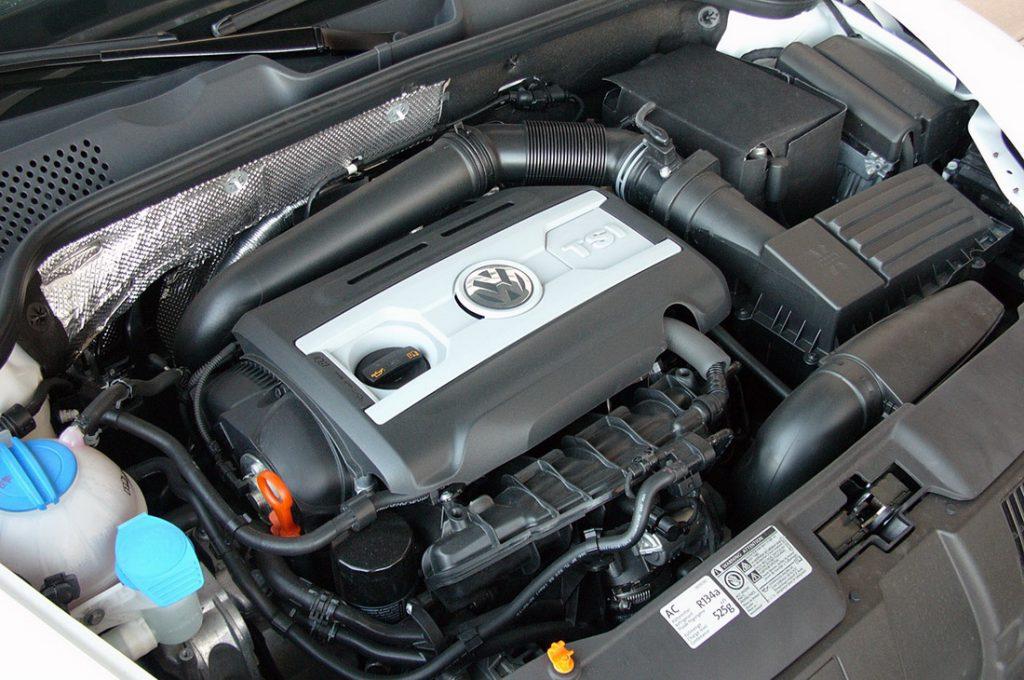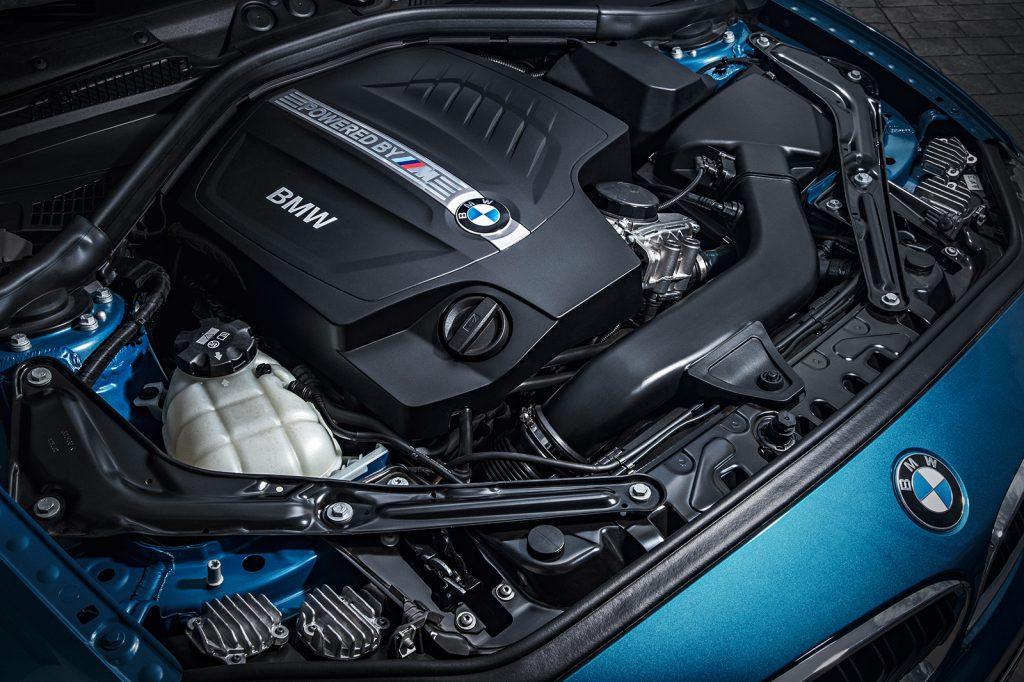With the advancement in automobile technology, small displacement turbocharged engines are becoming the norm these days.
Many countries have chosen to put into action strict emission norms and fuel-economy concerns; this trend is bound to grow. For those new to the concept, almost every diesel car in the market these days comes with the feature.
If you are new to knowing why one should never stop the turbocharged engines abruptly, this blog will help you understand why one should never stop these suddenly after driving.
Contents
Why You Should Never Stop Turbocharged Engines After Driving
We will let you know why stopping a turbocharged engine immediately after a long drive is a bad idea. However, let us first understand how a car engine, primarily a turbocharged engine operates.
The car engines have an RPM limit of 5,000 to 7,000. On the other hand, turbocharged engines can quickly spin up to 150,000 RPM.
The turbocharged engine cars without an intercooler can face temperatures as high as 150 degrees Celsius.
You might not realize, but inertia keeps a turbo engine spinning even after the car owner switches off the engine. You can browse online to know the best maintenance tips for your car engine.
One of the techniques to save the turbocharged engine from any damage is using idling.
1. High Speed And Exhaust
The primary reason for damage to the turbocharged engines includes a thermal shutdown, which causes complete engine failure.
Presently, all mass-market vehicles come with oil-cool turbo engines in which the oil dissipates heat and prevents damage to the bearings.
The second issue can include heat soak from the exhaust fumes. The worst thing a car driver can do to further the damage is by shutting off the car engine suddenly after a long run.

SEE MORE:
- The Difference Between Supercharger and Turbocharger
- Learn the Difference Between Biturbo and Twin Turbo Engines
2. What Is Idling?
You must understand that turbocharged engines run on exhaust gasses. The hot gasses and high spinning speed makes it extremely hot after a drive. High temperature causes the engine oil to burn and lose its properties.
In case, you turn off the car engine suddenly, the exhaust gasses remain trapped inside the charger, and it can quickly destroy the engine over time, not to forget also reduce its lifespan.
To make sure that the turbocharger engine receives complete lubrication, and is free from any harmful fumes, you would need to idle the engine before turning it off.
Idling the car engine would allow both the oil and coolant to flow through the center section of the turbocharged engine. As turbocharged engines have a higher temperature, there is a lot of thermal energy.
You can also choose to drive the car at a lower RPM during the last few kilometers to reduce the temperature.

FAQs
1. How long should I let my turbocharged engine idle before turning it off?
It’s generally recommended to let your turbocharged engine idle for a period of 30 seconds to a few minutes, depending on how hard the engine was working before shutdown.
This allows the turbo to cool down and ensures continued oil and coolant flow to carry away excess heat.
2. Are there any exceptions to this rule?
For normal driving conditions where the engine isn’t subjected to heavy loads, immediate shutdown typically doesn’t pose a risk. Modern vehicles with advanced cooling systems are also better equipped to handle shutdowns after driving.
However, it’s always safer to follow the idling advice, especially after spirited drives or when towing.
3. Can modern turbocharged engines manage cooling without idling?
Yes, many newer turbocharged engines are equipped with advanced cooling systems that can continue to circulate coolant even after the engine is turned off, reducing the risk of damage.
Some vehicles also have turbo timers that keep the engine running for a predetermined period after ignition off.
4. What is a turbo timer, and how does it work?
A turbo timer is an electronic device that automatically keeps the engine idling for a preset time after the ignition key is removed.
This allows the turbo and engine to cool down properly after driving, helping to prevent oil coking and turbocharger damage.
5. Does frequent stopping and starting affect turbocharged engines in city driving?
Frequent stops and starts in city driving do not typically subject the turbocharger to the same levels of heat as high-speed or load driving.
However, maintaining regular oil changes and following the manufacturer’s maintenance schedule are crucial for longevity.
6. What maintenance tips can prolong the life of my turbocharged engine?
Regular oil changes with quality oil, ensuring the cooling system is functioning correctly, and allowing the engine to idle before shutdown can all help prolong the life of your turbocharged engine.
Additionally, keeping an eye on turbocharger health and addressing any issues promptly is vital.
Summing Up
We hope that this blog provides you with the necessary information about why switching off turbocharge engines suddenly after a long drive is the worst idea.
Turbocharge engines provide the essential speed and torque to racing enthusiasts, all the more reason not to try switching them off suddenly.



